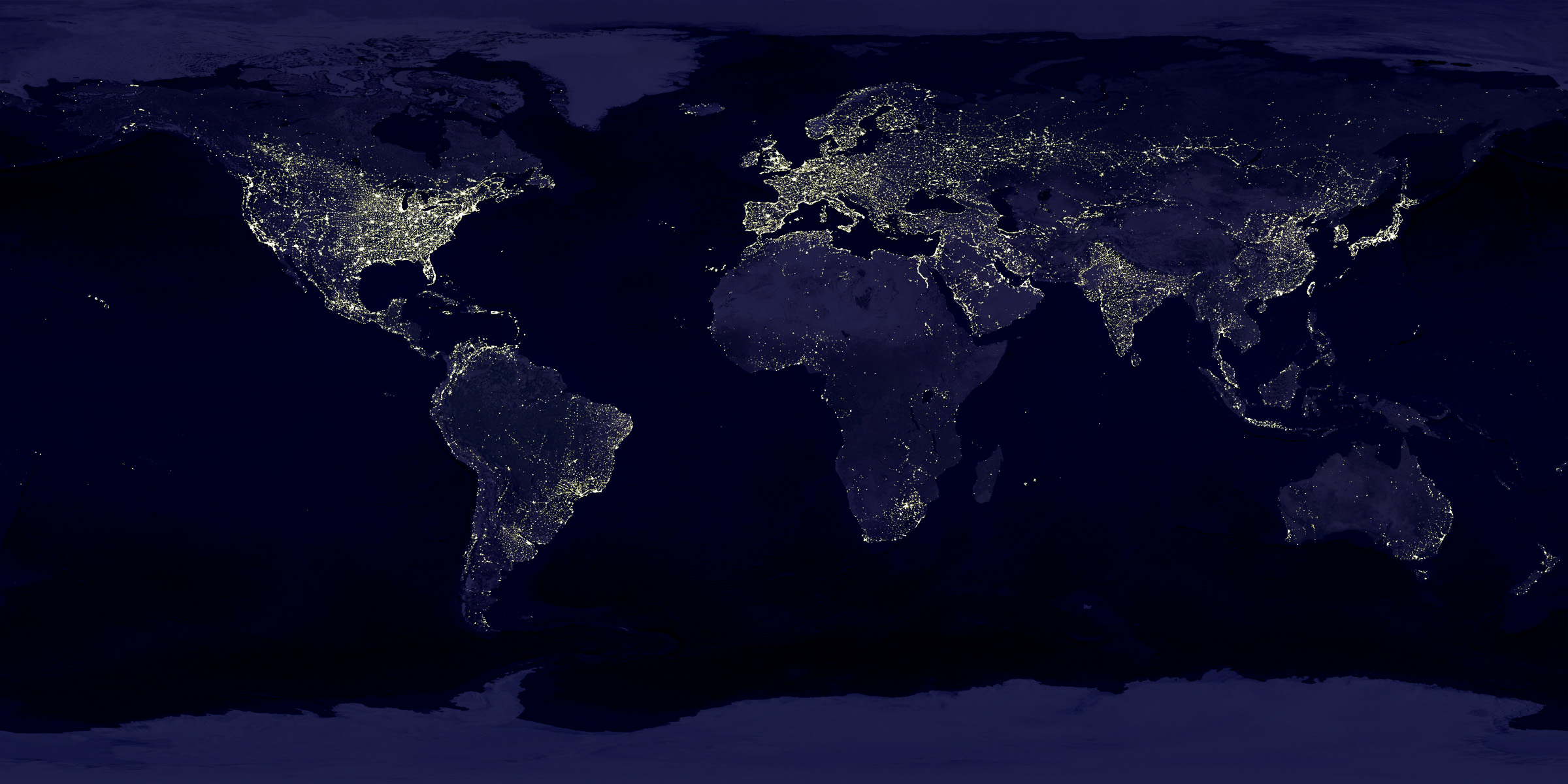Inflation is losing its meaning as an economic indicator
INFLATION USED to be the scourge of the world economy and the bane of American presidents. In 1971 amid an overheating economy Richard Nixon took to television to announce a freeze on “all prices and wages throughout the United States”. A board of bureaucrats ruled on what this meant for everything from golf club memberships to commodity futures. Gerald Ford, Nixon’s successor, preferred a grassroots approach. He distributed buttons bearing his slogan: WIN, for “whip inflation now”. Ronald Reagan, running for office four years later amid another surge in prices, declared inflation to be “as violent as a mugger, as frightening as an armed robber and as deadly as a hit man”.
Today the lethal assassin has gone missing. Most economies no longer struggle with runaway prices. Instead they find inflation is too low, as judged by their inflation targets. A decade of interest rates at or near rock-bottom has not changed that. Nor has the printing of money by central banks in America, the euro zone, Britain and Japan that has expanded their balance-sheets beyond a combined $15trn (35% of their combined GDP). Nor have unemployment rates that are in many countries the lowest they have been for decades.
The IMF counts among its members 41 countries in which monetary-policy targets inflation. Add in the euro zone and America (where...























